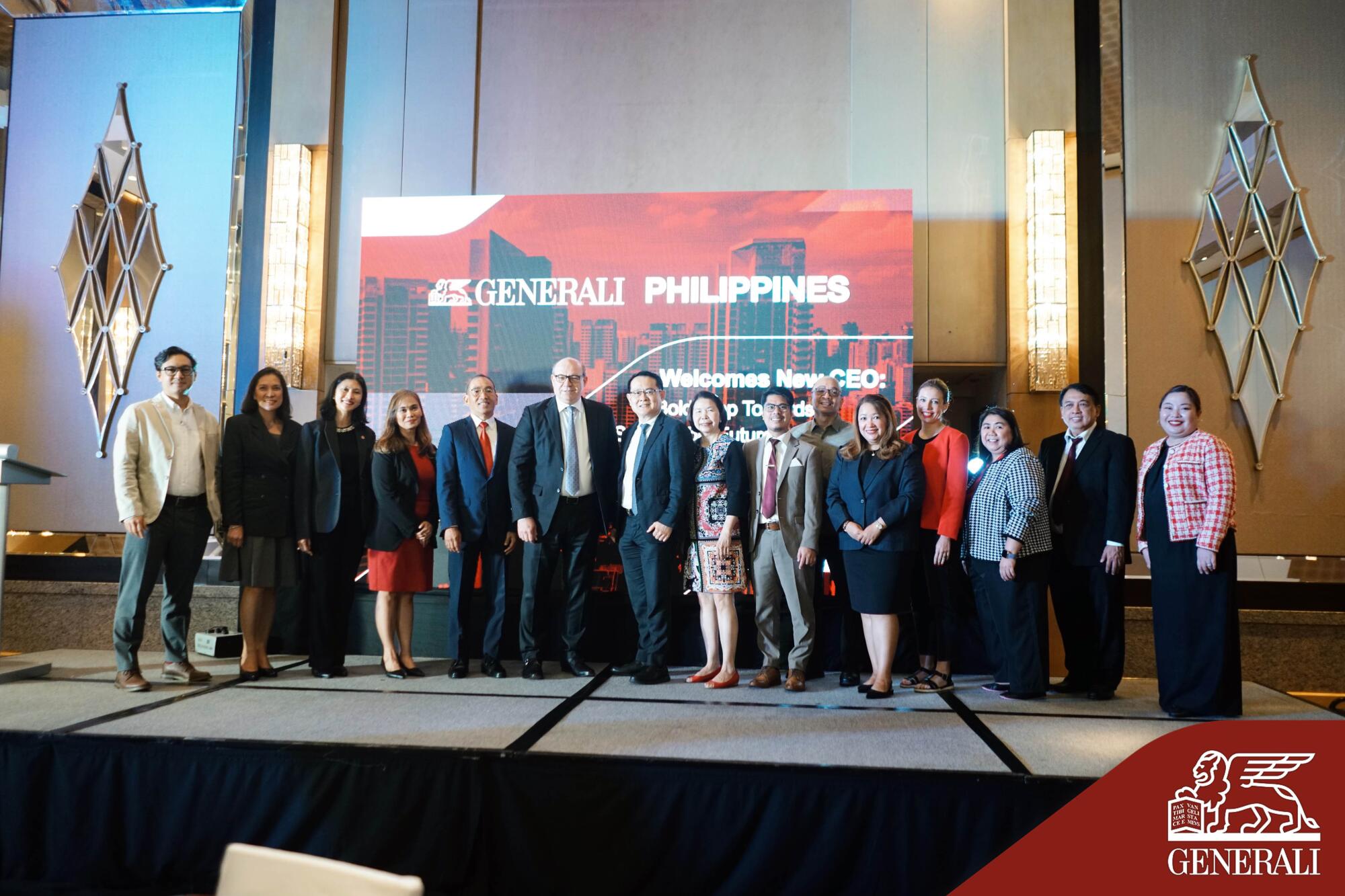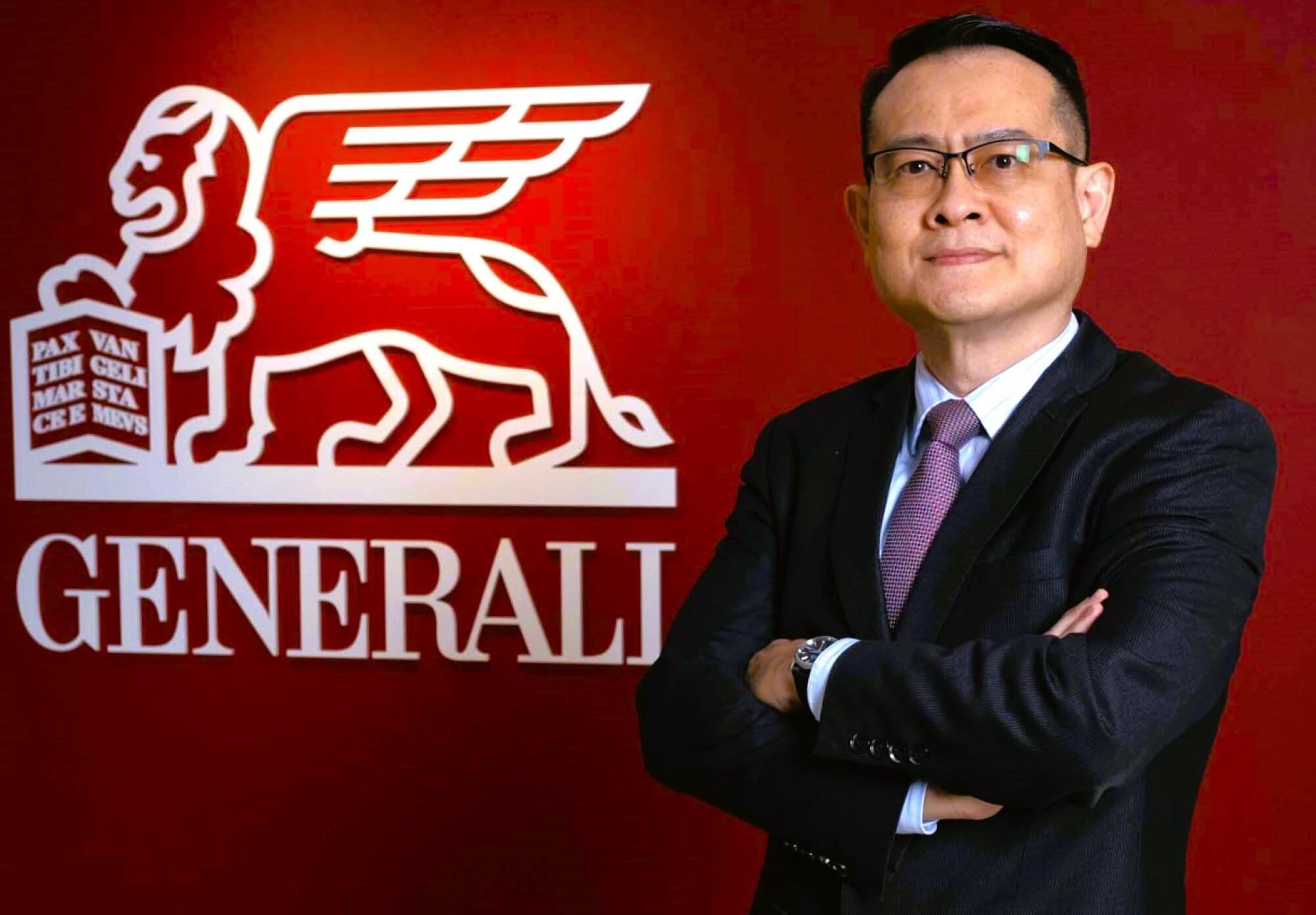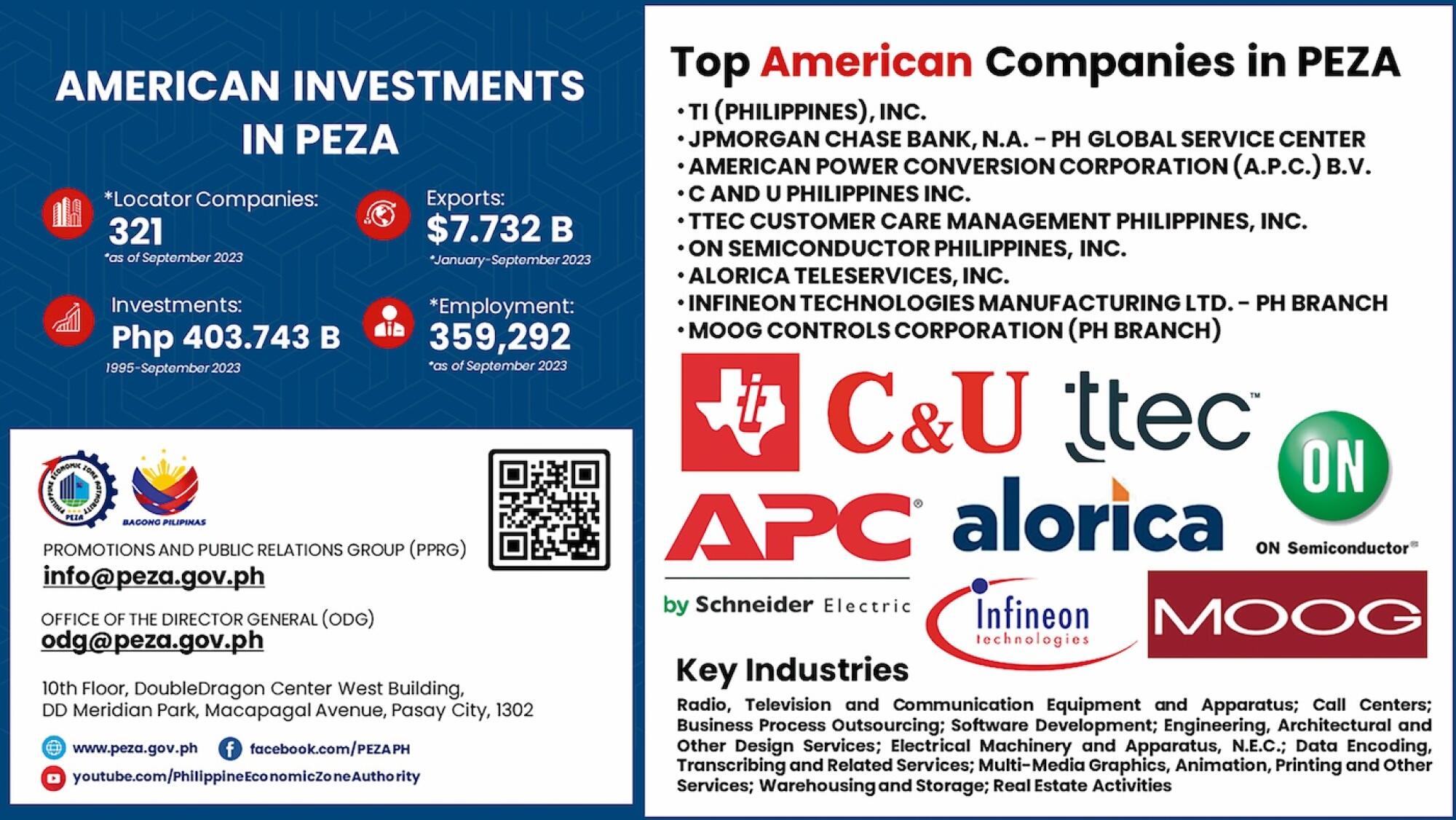
Following the lead of the Government’s Development Plan for the Philippines, the Department of Trade and Industry is placing the country as a global hub for investment
The onset of President Ferdinand Marcos Jr.’s administration in June 2022 has brought renewed hope for a country just beginning to stem the tide of the Pandemic and eager to get back to work.
A key player in this transformation is the Department of Trade and Industry, which just rolled out a new Development Plan for the Philippines, a unique opportunity for fostering growth in the country which is already making great strides. “Development only works if all sectors grow together”, says Secretary Alfredo Pascual, “and so as we take care of exports, we must also take care of food security, creative industries, Filipino traditional handicraft, but also game design and animation”.
The key to coordinating such a broad range of functions is maintaining its overall objective of fostering local growth by welcoming foreign investment, for which the DTI set out its Green Lanes program, streamlining licensing and operations for greatly improving ease of doing business in the country. “The key is our ability to collaborate between our government agencies”, explains Pascual; “we have incentives for companies to build power-generating facilities within their own premises, for example, and have the full support from the Department of Energy”.
This is the case of AboitizPower, one among the country’s leading energy providers with a diversified portfolio in power generation, distribution, and retail electricity services. Now, with their renewable energy solutions and environmental efforts they are spearheading the development of clean and sustainable energies nationwide. “We have been the leaders in renewable energy in the country even before renewable energy came into fashion,” states Manny Rubio, Chief Energy Officer of AboitizPower.
What started in the 1970s with the pioneer development of run-of-river hydros, today constitutes a global strategy that seeks to expand their generation portfolio from 4500 MW to 9200 MW by 2030. They expect to increase their current 21% renewable energy portfolio up to 50% with environmentally sustainable energy sources from hydro, geothermal, wind and solar power solutions being developed by their renewable brand Cleanergy, as well as with potential new projects like offshore wind, hydrogen and ammonia. “
When it comes to renewables, we are open to all technologies, because by letting market forces drive the portfolio, the first beneficiaries will be the consumers,” assures Rubio. To achieve its sustainable goals and continue expanding their operations, AboitizPower has entered a technology partnership with Schneider Electric to develop a GIS that instantly identifies hotspots and problem areas so they can provide services on a real-time basis.

Helping companies through mergers, partnerships, and transitions is insurance giant Generali Philippines, the largest provider in the country focusing on group medical care, employee benefits and coverage. With vast experience in the company’s offices in Southeast Asia, where it began operations in 1975 and is now present in eight countries including India and China, Dr. Hak Hong Soo, Singaporean, was the right man for heading the Philippine office and taking it to the next stage. “The Philippine market is one of the most dynamic in the region”, explains CEO Hong Soo: “population is high, GDP is good, and penetration rates are low, so it is a place you can grow.”
So far, the focus of the company has been placed on group portfolios in the medical space, dealing with group medicals, employee benefits and credit life insurance through financial institutions. As healthcare providers, it leads a network of accredited hospitals and clinics, which today includes 1800 partner hospitals in training and over 30,000 accredited doctors. “This is what sets us apart, what allows us to take care of our customers not only when accidents happen but whenever they are receiving care”, explains Dr. Hong Soo.
At the heart of country’s strategy to attract direct foreign investment into the Philippines is the Philippine Economic Zone Authority (PEZA), which not only manages companies inside the economic zones but also registers and accredits companies involved in the development of the economic zones. Acting as Director General since March 2023, Tereso O. Panga has already showed the ability of PEZA of attracting and enhancing investments by diversifying the quality of exports, in line with President Marcos’ aggressive thrust towards promoting productivity-enhancing investments to the country. “We are the prime investment promotion agency in the country,” explains Panga, “and we are now looking at the whole of North America as potential areas of interest in securing more investment for the country.”

Much of the agency’s strategy relies on focusing on seven priority sectors, which include electronics/semiconductors, IT services, fabricated metal products, advanced manufacturing, smart technologies, big data, and blue industries. “In terms of ICT we want to go deeper into frontier technologies, like AI, blockchain, and financial technology,” adds Panga; “our aim is to promote science, and innovation-driven industrialization.”
In this way, the agency has managed to create a business environment that is highly attractive to foreign companies, appeased by its regulatory transparency, no red-tape policy, and one-stop shop services for investors. “We have a skilled, young workforce, high degree of English proficiency and countless testimonials of US companies already present here, but at the end of the day what attracts US investors is our shared culture of business and democracy,”concludes Panga with a smile.